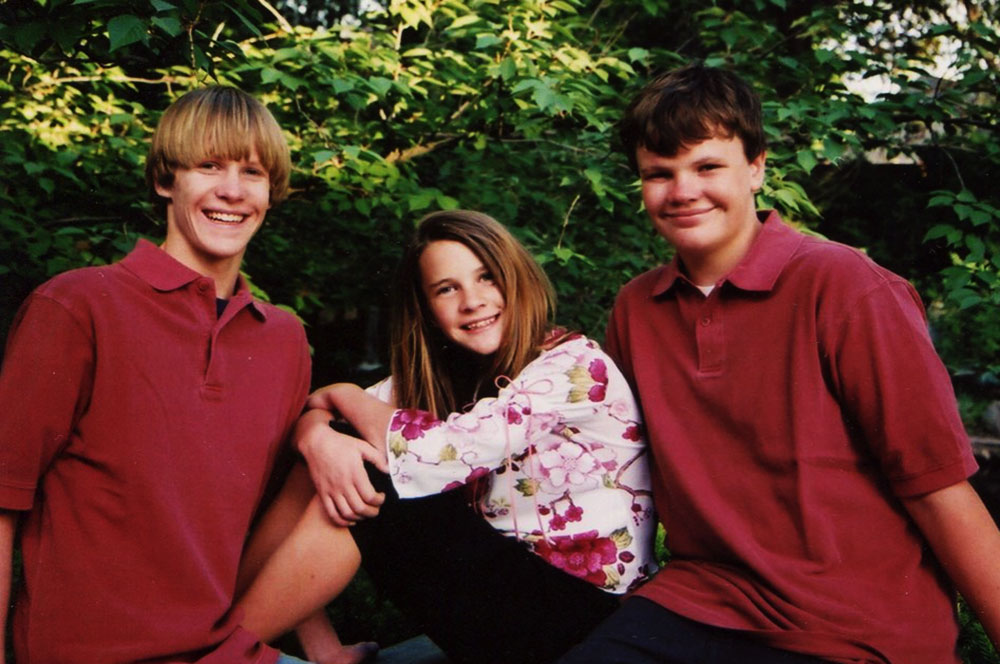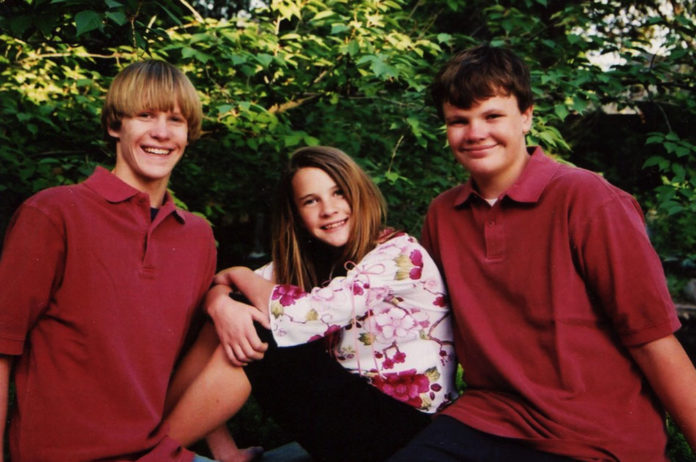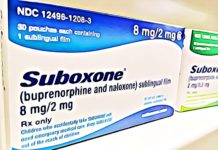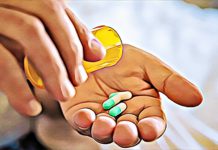Ian Jones of Lake Forest, Calif., died from a drug overdose in his sister April’s arms in October 2014. He was 26 years old.
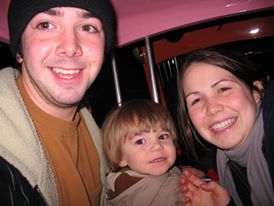
“I worried every single day that he wouldn’t wake up,” said April Jones. “I’d check on him at night when I checked on my kids, sometimes more. That was exhausting because I was terrified all the time. I knew where this road was leading if he didn’t get help and possibly even if he did.”
Austin Bills, whose older brother Tyler recently died of a heroin overdose, was also deeply impacted by his brother’s substance use disorder.
“If my brother didn’t have an addiction, I’d be a different person than I am today,” he said. “I had anxiety and I think a little bit of post-traumatic stress disorder because of everything that happened. It affected me and I don’t think my brother saw that.”
As Austin’s anxiety reached extreme levels, he said he worried so much about what his brother could do that eventually his worries turned into fear.
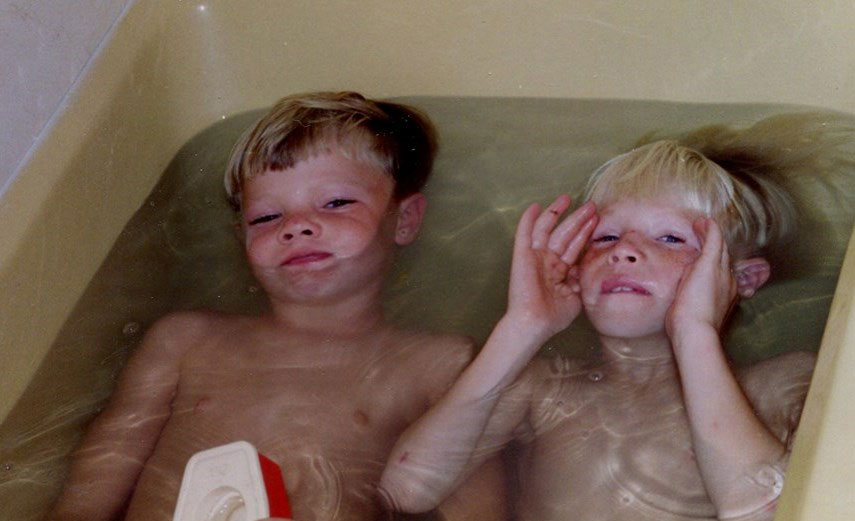
“It was scary when Tyler was at home,” he said. “I would have a hard time sleeping at night. My door doesn’t have a lock, so I would put up a chair against it and I would have a golf club right on my side because I never knew what he would do.”
Bills’ younger sister McCall said she “lived in the cycle” of her older brother’s addiction.
“If he was at home, I feared something awful would happen. If he wasn’t at home, I worried about his safety. I always had anxiety. You are constantly feeling on edge when you’re the sibling of an addict,” she said.
A deep impact
Various studies show that siblings of people with substance use disorders are prone to encounter unique struggles of their own.
The University of South Africa recently conducted a qualitative study with a group of 28 siblings of addicts, 16 women and 12 men, aged 19-34. Researchers analyzed data from individual, semi-structured interviews and found that the majority of participants felt they had healthy relationships with their siblings before drugs worsened it.
The participants said that after they initially learned about their siblings’ substance dependency, they went through a roller coaster of negative emotions including confusion, helplessness, pity, shock, sadness and anger. Over time, subjects agreed they felt betrayed, experienced deep embarrassment, and felt like they had lost the relationship they once had with them.
Seven of the 28 siblings who participated in the study stated they wanted to help but struggled to obtain professional treatment for their siblings. Researchers found that when participants chose to be supportive and sought help for their siblings, they were generally unsuccessful — unavailability/inaccessibility to treatment options/facilities were some of the obstacles reported, in addition to the fact that their siblings were not motivated to receive treatment.
Overall, participants reported some of the biggest challenges imposed by their siblings’ addiction were… (continue reading)
